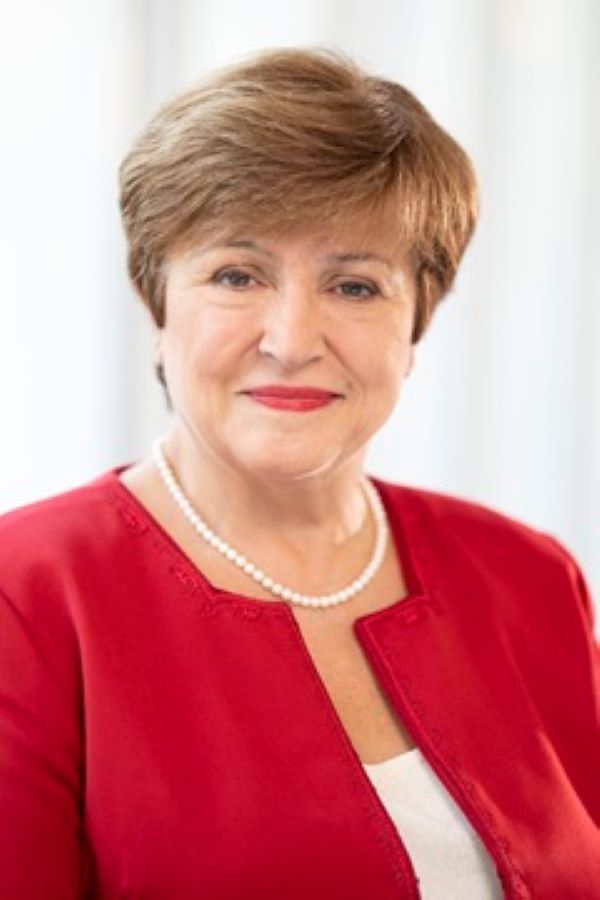COVID-19: Over 90 countries seek financial support from IMF
 MD of IMF Kristalina Georgieva
MD of IMF Kristalina Georgieva
Over 90 countries, including Ghana, have requested rapid response funds from the International Monetary Fund to fight the COVID-19 pandemic.
This follows the approval of proposals by the Executive Board to enhance the Fund’s Emergency Financing toolkit to US$100 billion.
According to the Fund’s Managing Director Kristalina Georgieva, this has doubled access to the Fund’s emergency facilities that will help meet the expected demand of about US$100 billion in financing and provide stronger support to member countries in addressing the COVID-19 crisis”
The proposals are part of a broader package to ensure a rapid and decisive Fund response to the urgent financing needs of the membership.
The Executive Board adopted complementary proposals to accelerate Board consideration of member financing requests under the Rapid Credit Facility (RCF) and Financing Instrument (RFI), and assistance under the Catastrophe Containment and Relief Trust.
The Executive Directors also welcomed the timely discussion on enhancing the Fund’s emergency financing toolkit, emphasising the importance of a rapid and decisive Fund response to COVID?19 to help members meet their urgent financing needs.
To that end, the directors agreed on a temporary increase in access limits under the regular window of the RFI and the exogenous shocks window of the RCF, with annual access limits rising from 50 to 100% of quota and cumulative limits rising from 100 to 150% of quota, net of scheduled repayments or repurchases, respectively.
The directors again agreed that the new access limits would apply for a temporary six-month period, with a review of the limits as proposed.
To facilitate urgent financing requests, most directors supported the proposal to temporarily suspend the procedures for high access RCF requests under the PRGT.
They also emphasised that this emergency financing provided by the Fund should be truly additional, both for access to the PRGT and GRA. In this regard, many Directors looked forward to exploring ways in which a temporary relaxation in normal access limits could accommodate the surge in emergency lending.
The directors stressed the importance of carefully monitoring implementation, including by putting in place appropriate safeguards of accountability, transparency, and control to ensure the appropriate use of emergency financing, where governance and corruption vulnerabilities are macro-critical.
Several hundreds of millions of dollars have so far been disbursed.
The Rapid Financing Instrument (RFI), available to all members, and the Rapid Credit Facility (RCF), available only to low-income countries eligible for concessional financing.
Source: classfmonline.com
Trending Business

GRA Tax Division visits Palace Mall to enforce VAT reduction and COVID-19 levy removal
11:56
VALCO targets 5,000 jobs, $1 billion annual GDP
10:50
VALCO to end number plate imports from China, announces DVLA partnership for local production
11:52
Expired D.V. plates illegal in 2026 — DVLA urges vehicle owners to renew early
09:57
GIPC Boss urges diaspora to invest remittances into productive ventures
15:27
FABAG rejects Tema Port claims, warns of worsening conditions at bulk and bagged cargo section
12:15
AWIMA Leadership Awards & Conference heads to Cape Town for 2026 edition
11:17
GRA/Truedare contract sparks outrage over potential system duplication
10:23
Sammy Gyamfi: GoldBod made nearly GHS1 billion surplus
01:05
Apostle Samuel Oduro calls for support to scale up local Apple production
21:04




